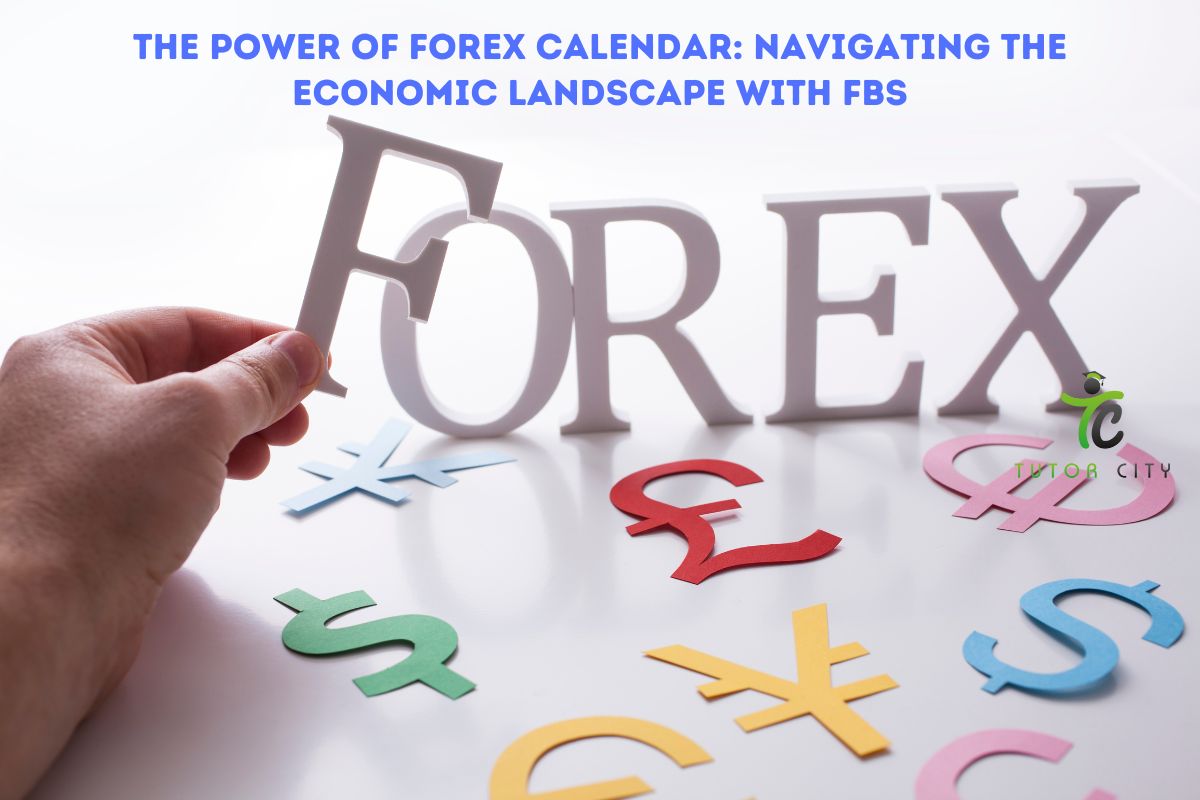
- Published by: Tutor City
- March 29, 2024
- Career
The Power of Forex Calendar: Navigating the Economic Landscape with FBS
In the vast world of the largest financial markets, forex traders are often likened to sailors embarking on a journey in an uncertain ocean. This journey, filled with uncertainty, requires reliable navigation tools to provide warnings about the waves and winds to come.
This is where the forex calendar plays a crucial role - becoming an inseparable companion for every trader and an essential instrument for managing risk more effectively.
Understanding the Forex Calendar
Essentially, a forex calendar, also known as an economic calendar, is a detailed schedule of upcoming economic events believed to impact currency values. These events encompass various matters, including political elections, central bank meetings, GDP reports, and employment statistics. By carefully observing these events, traders can make better decisions about the right time to buy or sell their currency pairs, thus enhancing their trading strategies, aided by business forex solutions.
The Rationale Behind Using the Forex Calendar
The forex trading world is known for its rapid changes, where an advantage in forecasting can give traders an edge. Economic events have the potential to cause significant volatility in the forex market. By knowing in advance when these events will occur, traders can prepare for these periods of instability and adjust their strategies accordingly.
Exploring the FBS Forex Calendar: A Trusted Navigational Guide in the Forex World
FBS proudly offers one of the most comprehensive economic calendars on the market. The FBS forex economics calendar allows traders to filter events by country, date, and impact level. This empowers traders to focus on the most important events for them, thereby optimizing their trading tactics.
The FBS forex calendar is the perfect combination of user-friendliness and visual appeal, making it suitable for traders of all experience levels. Each economic event listed in the calendar is accompanied by an informative summary, helping traders understand the potential impact of each event on the forex market.
Delving Further: Implications of Economic Events
An economic event can be anything that causes a change in a country's currency value. Let's take a closer look at some common types of economic events:
1. Central Bank Meetings:
Central bank decisions affect a country's currency value. Traders monitor these meetings to forecast potential monetary policy changes that may affect currency values.
2. Political Elections:
Political instability can lead to volatility in currency markets. Traders use the forex calendar to plan trades based on upcoming elections.
3. GDP Reports:
The rate of economic growth of a country affects its currency value. Traders follow GDP reports to assess potential impacts on the forex market.
4. Employment Statistics:
Unemployment rates and new jobs provide clues about the health of a country's economy. Traders monitor jobs statistics to assess potential changes in currency values.
In conclusion, the forex calendar is a vital tool for every forex trader to help them manage risk and make better trading decisions. With the FBS forex calendar, traders can leverage accurate information at the right time to achieve success in forex trading.






